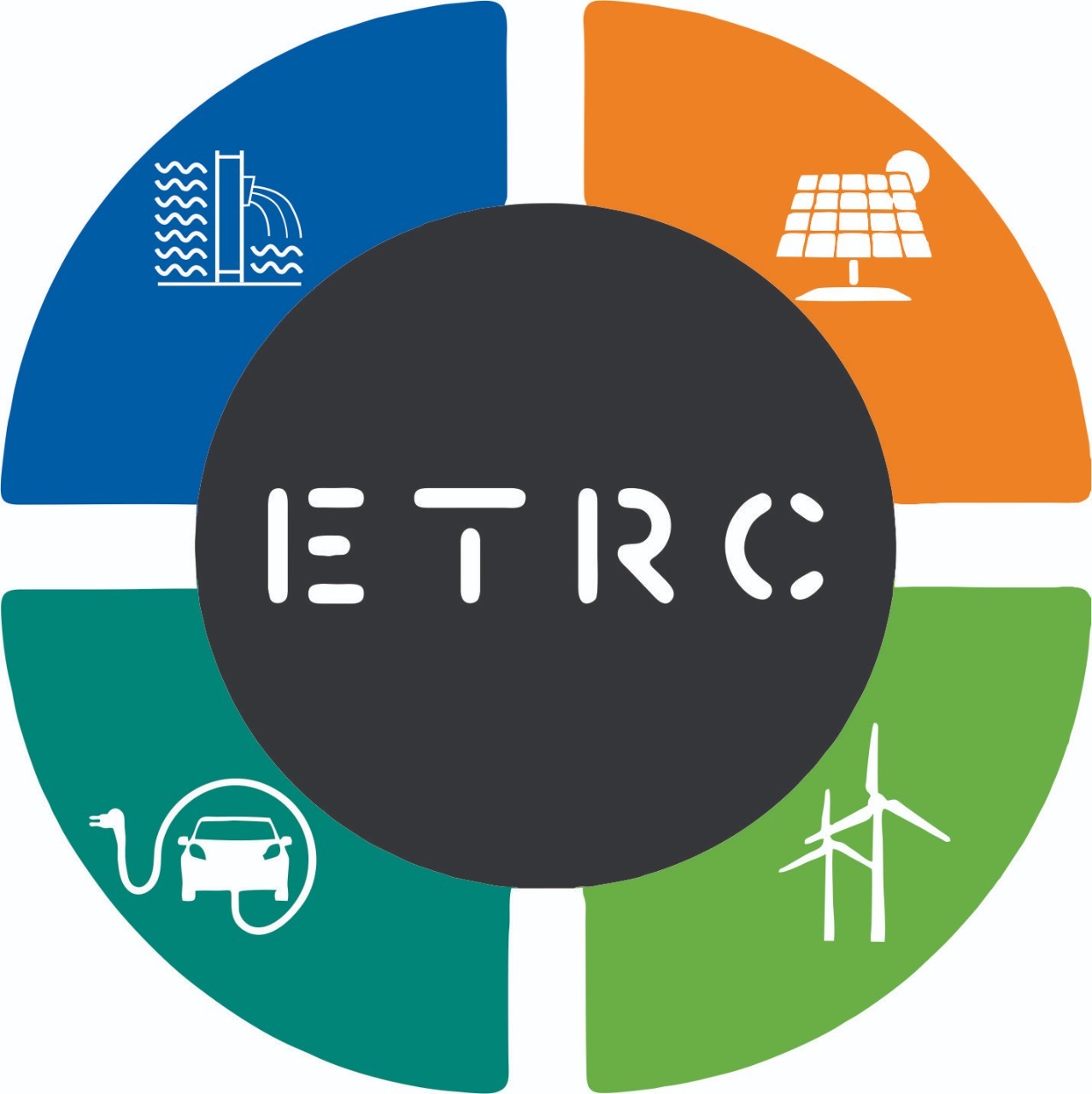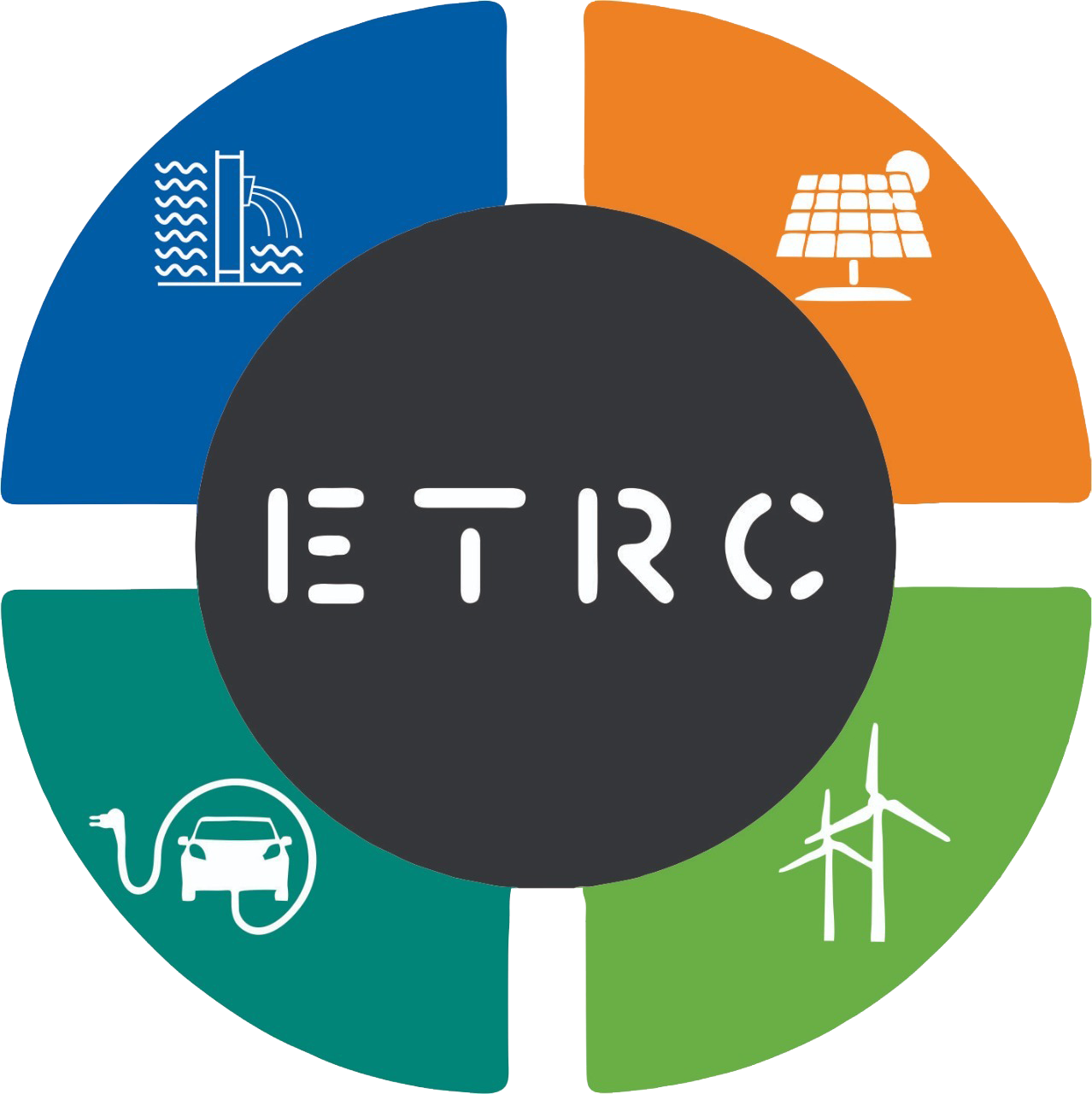It offers investors demat accounts and depository services on behalf of both. Quick recap – A demat account is an online account which holds all your shares, bonds, securities, fixed deposits (FDs), mutual funds and exchange-traded funds (ETFs). A regular Demat types of demat account account is required for investors who live in India. Both full-service and discount brokers offer this type of Demat account. A Demat Account is essential for managing your shareholdings, while a Trading Account is necessary for executing buy and sell orders in the stock market. A Demat Account holds your share and securities details, while a Trading Account facilitates share transactions.
NRIs with non-repatriable demat accounts cannot transfer shares abroad freely. Non-repatriable demat account are linked to an NRO (non-resident ordinary) bank account. NRIs are permitted to hold up to 5% of paid-up capital in an Indian company. In an NRO linked non-repatriable demat account, there are restrictions on repatriation of funds. While NRE accounts are for funds earned abroad, NRO account are for funds earned within India. Regrettably, non-resident Indians cannot open standard demat accounts.
What happens to the current regular Demat account after moving abroad?
NRIs typically use it if they want to invest in an Indian market but do not prefer shifting the money outside India. To conclude, a demat account has become an essential requirement for anyone interested in trading or investing in the Indian stock market. Thus, by replacing physical share certificates with digital ones, it has revolutionized the way we trade and invest. With a demat account, he can receive shares in electronic format from the DP (Depository Participant) rather than receiving paper certificates. Thus, when Rahul wants to sell his shares, he can instruct his DP to debit from his account, and the DP will transfer the shares to his demat account.
- While physical securities used to attract custodian fees, demat accounts have largely eliminated this need.
- The introduction of the Demat account revolutionized the way securities are held and traded.
- However, the trust has to be legally constituted with a valid trust deed, while the account should be operated as per this deed and resolutions passed by the trust for the same.
- Investments in securities market are subject to market risks, read all the related documents carefully before investing.
- The Indian stock market uses trading and different types of Demat accounts.
This step prevents unauthorized transfers or manipulation of securities during the dispute resolution process. This protection acts as a safeguard for investors in case of discrepancies in the handling of their Demat accounts. If a Demat account holder faces any issues or disputes, SEBI mandates that brokers and DPs have a structured mechanism in place for resolving complaints efficiently.
The securities quoted in the article are exemplary and are not recommendatory. The investors should make such investigations as it deems necessary to arrive at an independent evaluation of use of the trading platforms mentioned herein. The trading avenues discussed, or views expressed may not be suitable for all investors.
What is the major benefit of having a regular demat account?
This electronic storage ensures greater security, reduces the risk of theft or loss, and simplifies the process of trading. Repatriable and non-repatriable demat accounts have some similarities but also significant differences. Repatriable accounts allow NRIs to transfer funds outside India, up to a specified limit, using NRE (Non-Resident External) accounts.
Now that we have captured the various Demat account types, here are the different types of trading accounts. The information mentioned herein above is only for consumption by the client and such material should not be redistributed. However, you cannot open more than one DEMAT account with the same depository participant or stockbroker. A Joint Demat Account is one you can open with another individual, with a maximum of three accountholders linked to the account.
Banking Mantra
- Regular Demat accounts are the type of accounts that depositories like the National Securities Depository Limited (NSDL) and Central Depository Services Limited (CDSL) offer by default.
- If you are considering investing in equities, it’s important to understand the different types of Demat Accounts to manage your securities effectively and make the most of your investments.
- They can open these accounts with an Indian registered depository participant.
- A repatriable demat account would be suitable for NRIs or PIOs looking to invest and repatriate funds.
- They simplify the process of managing digital securities by facilitating the opening of Demat accounts.
If the total value of your holdings in the account remains at ₹50,000 or below. A regular account can become a BSDA, if the total value of your investment portfolio exceeds ₹2,00,000, your BDSA would automatically be converted into a regular Demat account. BSDA is designed to be more affordable for smaller investors, making it easier for them to participate in the stock market.
Features of Regular Demat Account
The Resident demat account is held by Resident Indians as defined in the Income Tax Act based on the number of days of residency. People who do not satisfy these criteria would either be Resident but not Ordinarily Residents or Non-Residents (NRIs). Enhance earnings with online analytics tailored to your choice of shares and investment habits. When selecting Demat account examples, consider value-added features like personalized analytics.
The account is designed specifically for NRIs, allowing them to hold securities and manage their investments in India. Rohan, a software engineer, opens an individual Demat account to invest in the best dividend stocks in India and mutual funds for his long-term financial goals. On the other hand, if you hold non-repatriable funds (which cannot be taken abroad), these are deposited in a different type of bank account known as a Non-repatriable account (NRO). To trade or invest in non-repatriable funds, you will need to hold an NRO stock account. This account is suitable for all the NRIs who want to invest in Indian financial markets and repatriate their earnings to their country of residence.
The investors are not being offered any guaranteed or assured returns. In India, Demat Account Classification includes various categories to suit different investor needs. The Types of Demat Accounts India offers are primarily classified into Regular Demat Accounts, Basic Services Demat Accounts (BSDA).
NRI investors need to link their NRE (Non-Resident External) accounts to the demat accounts for repatriation purposes. This account enables NRI investors to repatriate up to one million US dollars annually. Additionally, it offers flexibility and convenience to those looking to invest in India while having the option to transfer funds abroad.
For anyone wanting to invest in the Indian stock markets or any other security, having a Demat account has become a necessity. BSDA refers to the Basic Service Demat Account, which small investors can open with low trading volumes. It has all the features of a normal Demat account but at a more affordable price. BSDA accounts exist only for individuals who meet specific criteria, such as the value of securities held and the limit of transactions. This account allows investors to hold and manage securities without heavy annual maintenance charges. In India, various demat accounts cater to different investor needs, from beginners to seasoned investors.
Let’s say you want to purchase the shares of Company X. When you buy those shares, they will have to be transferred in your name. In earlier times, you got physical shares certificates from the exchange with your name on it. Each time a share was bought and sold, a certificate had to be created. To do away with this paperwork, India introduced the Demat Account system in 1996 for trades on NSE.Today, there’s no paperwork involved, and physical certificates are no longer issued. So when you buy shares of Company X, all you get is an entry in electronic form, in your Demat Account. So this is what is a Demat Account.Today if you want to trade/invest in the stock market (NSE & BSE) or other securities, having a Demat Account is a must.


